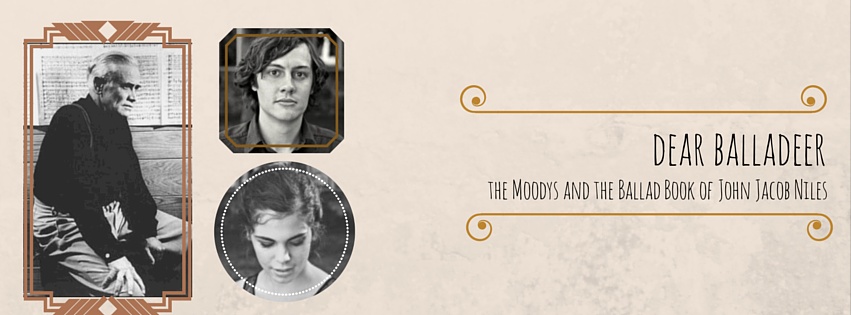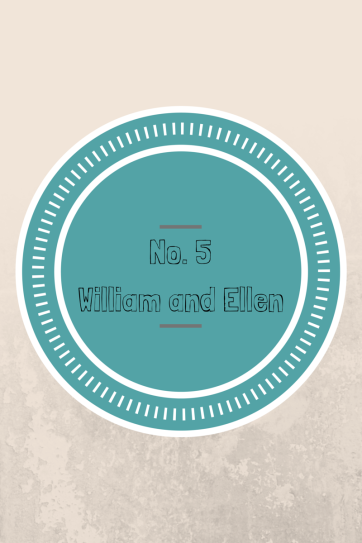March 31, 2015
Our fifth ballad is derived from Child Ballad No. 7: Earl Brand. In most variants, a Lord steals or woos a maiden of a wealthy or noble family, taking her away to be his bride. A battle ensues between the Lord (here, William, in other versions, Earl Brand) and the maiden’s family. Before battle, the Lord instructs his bride not to name him — this is based in magical traditions in which to know someone’s name is to have power over them (think Rumplestiltskin). In most versions, she names him anyway, generally citing that she could have many true loves, but only one father. The Lord is then slain in battle, though he lives long enough to return to his home, where his bride and mother die of grief.
One interesting element of this ballad is that it formerly had a talking horse who instructs William and Ellen. You can see echoes of that here, though as ballad singer Solomon Holcomb remarked to John Jacob Niles, “People hain’t got no interest in talkin’ animals of any kind, and particularly, talkin’ horses” (Ballad Book, pg. 33).
William and Ellen (Niles No. 5) – Collected July 4, 1916 from Red Jules Napier, Black Jules Napier, and Chester Staffer, Hazard KY
Lord William fetched up his bride,
He fetched up his horse.
Said, “If we fail at the watery ford,
We’ll suffer then a loss.”
His horse’s name was Pointed Star,
And then he quickly said,
“If you don’t call me by my name,
We’ll leave them all cold dead.”
“Oh Ellen, Ellen, tell me true,
Tis now you must decide.
It’s go back to your mother, dear,
Or stay and die my bride.”
There was no wedding on that day,
No wedding on that night,
For they were dead and laid to rest
With chant and candle light.
His mother died account of grief,
Of sorrow died his bride,
And there they laid the three to rest,
In churchyard side by side.
Come all young men and ladies
Who yearn for love’s delight.
Remember how Lord William’s rose
Hugged Ellen’s briar so tight.

